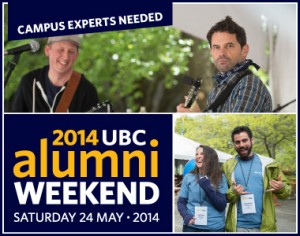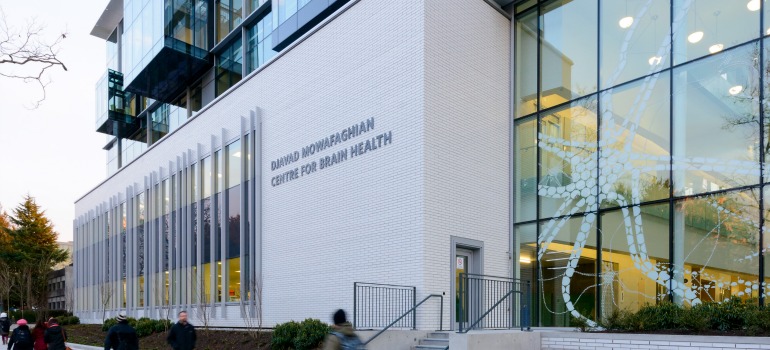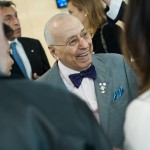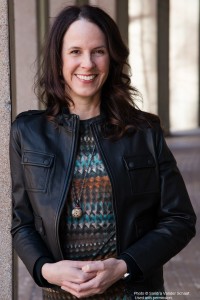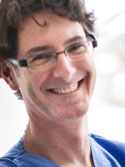
Peter Lennox, MD’91
Dr. Peter Lennox has a lot of grateful patients. As a top breast reconstruction surgeon in Vancouver, he gives back what was taken during a mastectomy – for the women, his work provides something positive in a dark time. His brave patients keep him galvanized. Respected widely, Lennox remains an innovator, motivator, educator, and someone to watch.
Lennox now serves as Interim Head of UBC’s Division of Plastic Surgery. As a UBC medical student he was torn choosing between specialties, however, it seems the young Lennox made a good choice. Now having been in practice for 15 years, Lennox still exhibits an obvious intellectual interest in plastic surgery and a rich satisfaction in the many ways he can help patients, while inspiring the next generation of surgeons.
In addition to breast reconstruction, Lennox is active in all aspects of plastic surgery including skin grafting for burn victims, hand reconstructions, facial and body trauma, and soft tissue reconstructions, to name a few. With no two bodies or medical problems identical, he must always tailor each operation for each patient – it’s this marriage of problem solving, innovation, and anatomy that keeps him so keen and interested. (We know Dr. Bill Ovalle will be pleased that his anatomy lectures continue to have such an impact!)
“If you show five plastic surgeons a plastic surgical problem, you’ll probably get five different answers. And they’re all interesting, not wrong – they’re just different approaches using plastic surgery principals,” explains Lennox.
In 2012, Lennox was one of the first Canadian plastic surgeons to adopt a procedure to save a woman’s nipples during breast reconstruction. This is just one innovation among many in the specialty – changing technology dictates that plastic surgeons continuously learn and refine new procedures, to the great benefit of patients.
Although he performs many types of surgeries, Lennox credits his interest in breast reconstruction to his mentors, including the late Patricia Clugston, MD ‘86 who gave him inspiration, training, and friendship, before succumbing to scleroderma at the age of 46. There is now a research-focused breast reconstruction Chair at UBC in her honour and Lennox will be choosy in helping to decide who will fill her shoes.
As a clinical associate professor and division head, Lennox himself has now become the mentor for many emerging surgeons and hopes his continued enthusiasm about the ever-changing specialty will rub off on them. Lennox is also a champion of “community building” between academic and private practice plastic surgeons, and works to sustain the longstanding tradition of camaraderie among plastic surgeons in Vancouver.
“The UBC plastic surgery program has a fantastic reputation that has been built on the backs of the residents. So all of us who graduated from it are very proud and protective of it,” explains Lennox.
Lennox shares his life with his wife of 21 years, two children and a dog. He also employs a “cruel” personal trainer to keep himself fit.


